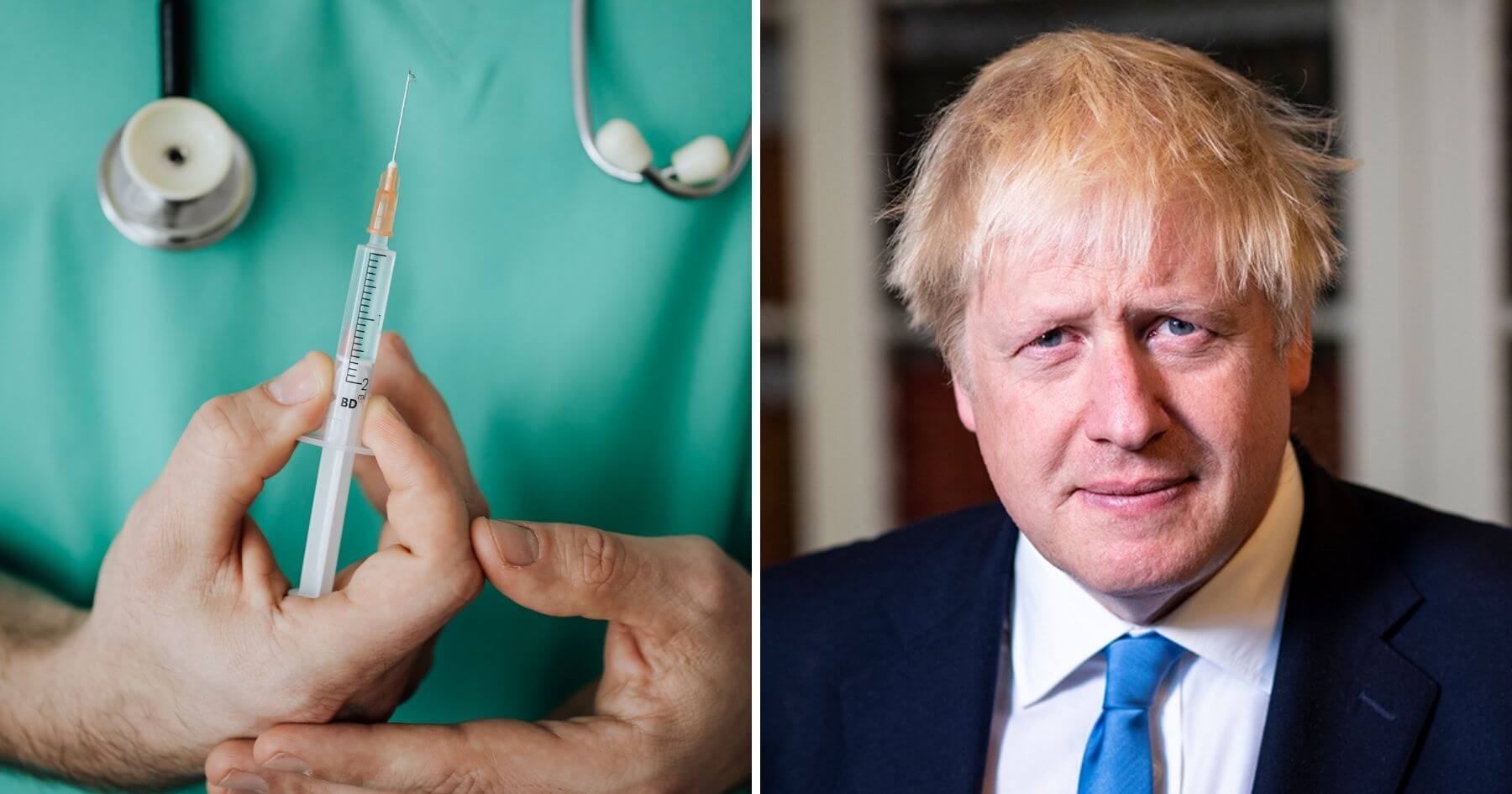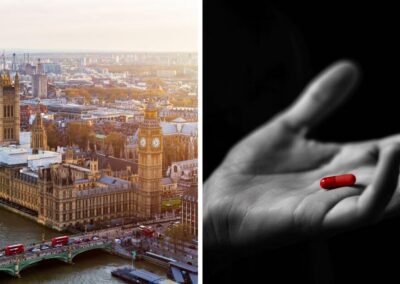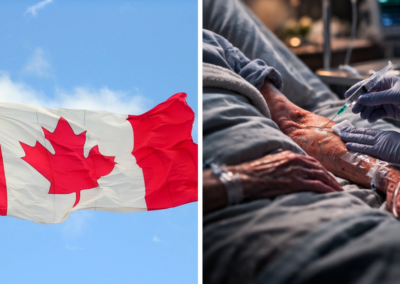The Prime Minister does not support plans to make assisted suicide legal in the UK.
According to the Telegraph, the Prime Minister, Boris Johnson, came to the decision over the summer recess after considering the arguments for and against a change in the law.
Earlier this year, former Health Secretary, Matt Hancock, was said to be moving towards changing the law when he wrote to the chief statistician to ask for figures on how many with terminal illnesses were ending their own lives each year. Current Health Secretary, Sajid Javid, is understood to have made it clear to friends that he would not support any change in the law on assisted suicide if there was a new vote on the issue.
Assisted suicide remains illegal in the UK, but a Bill, which will receive a Second Reading in the House of Lords on 22 October, led by Baroness (Molly) Meacher is attempting to change that.
Baroness Meacher’s assisted suicide bill
Chair of the pro-assisted suicide group, ‘Dignity in Dying’, Baroness Meacher’s Private Members’ Bill on assisted suicide received its First Reading in the House of Lords in May this year.
If the Bill passes all its stages in the House of Lords, it has a chance of being debated in the House of Commons early next year.
A government spokesman told The Telegraph on Thursday: “This is an extremely sensitive and personal issue”.
“The government’s position has always been that it is a matter of individual conscience and therefore for Parliament to decide on”.
“Parliament has debated this issue on several occasions and as things stand the will of Parliament is that there should be no change to the law”.
Assisted suicide in Britain
Since the defeat of a very similar Bill in 2015 by 330 votes to 118, assisted suicide supporters have attempted to pass assisted suicide legislation through the courts. All such attempts have so far failed. In 2019, the High Court said the courts were not the place to decide moral issues. In a ruling concerning a man with motor neurone disease who wanted to be assisted in suicide, the court said: “In our judgement the courts are not the venue for arguments that have failed to convince parliament”.
Boris Johnson voted not to remove protections for the vulnerable towards the end of their life in 2015. Keir Starmer, the leader of the Labour Party, however, has been outspoken in his support for the Bill saying: “The law needs to be changed”, and voted in favour of the issue.
“You would be deluding yourself if you imagined that it would be any different in the UK”
The All-Party Parliamentary Group for Dying Well recently held an event that hosted a number of physicians from jurisdictions that have already legalised assisted suicide and/or euthanasia, including Belgium and the state of Oregon. Each of them described how the initial strict criteria for those eligible for an assisted suicide or for euthanasia was gradually, or in some cases rapidly, eroded, so that the legislation applied to non-terminally ill people.
Dr Brick Lantz, orthopaedic surgeon and state director of the American Academy of Medical Ethics, said that in Oregon, other safeguards are “not being followed” and that assisted suicide is really a form of “elder abuse” and “disabled abuse”.
Professor Timothy Devos, Haematologist at the Leuven University Hospital Belgium, said: “We, as a society, went from tolerating euthanasia to normalising it and conferring upon it a moral acceptance and we have now reached the situation where euthanasia has become a banal and everyday fact of life”.
“Beware that once the door for assisted suicide and euthanasia opens, it will always open more, that is the way it has gone in Belgium and in all the countries without exception where euthanasia has been legalised. You would be deluding yourself if you imagined that it would be any different in the UK”.
Right To Life UK spokesperson, Catherine Robinson, said: “As certain jurisdictions have made the mistake of voting for assisted suicide since 2015, the case against removing the protections for the vulnerable and terminally ill has only become stronger. This presumably is why the PM has not changed his mind on the issue”.
“Earlier this month, MPs and members of the House of Lords heard from a number of doctors from jurisdictions that had already legalised assisted suicide and/or euthanasia. They all said the same thing: without exception, in every jurisdiction that has legalised assisted suicide, the law will likely expand”.
“It almost always applies to a restricted group of vulnerable persons who are close to death, and soon enough it applies to others. In Belgium, the legislation has extended to children under certain circumstances; in Canada, the law is no longer restricted to those who are terminally ill. If Britain were ever to do introduce assisted suicide, it is almost inevitable that exactly the same thing would happen here too”.












